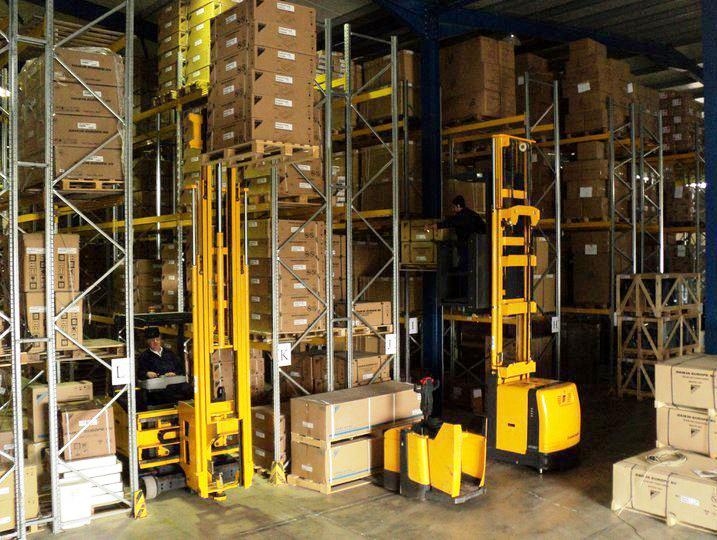Investor demand, which soared in the past 18 months, will also remain strong until at least the end of 2024, according to the results of the first pan-European Logistics Real Estate Census conducted across all major markets.
The European Logistic Property Census 2021, conducted by supply chain market analysts Analytiqa on behalf of Tritax EuroBox plc and Savills, unveils an acceleration in long term structural growth drivers in logistics sector.
European logistics real estate take-up by occupiers in the first half of 2021 was 60% above the average for the same period over the last 10 years. Vacancy rates also fell to a record low of 4.6% across European markets between January and June this year, and headline rents have risen by 2% over the last 12 months, led by Lisbon, Warsaw and Hamburg. European logistics property investment reached a record €22.5 billion in H1 2021, a 60% rise over the five-year average, and yields have compressed by 45 basis points year-on-year in the same period, with asset prices in the French and German markets advancing the most.
Over 80% of European investors and asset managers surveyed expect industrial and logistics investment volumes to rise in the next year.
Among occupiers, 46% predict that their space requirements will rise, with only a small group (4.8%) expecting to make a reduction over this period for all of the European markets surveyed.
By far the biggest operational challenge for the European logistics real estate sector is the lack of supply of new buildings according to 30% of all respondents, with those citing development zoning and permits coming in a distant second at 13.6%.
More than half of all respondents in the Census (51.9%) reported increased growth and a further strengthening of their business during the pandemic.
Occupiers rate the affordability of rents (93.8%), the potential for extensions (93.3%), flexible leases (88.2%), a good power supply (86.7%) and staff wellbeing (86.7%) as the top five most ‘important’ or ‘very important’ factors for their operations. Sustainability features, including power, ranked sixth (73.3%).
Lessons learned from the pandemic are expected to support the long-term positive structural shifts in the European logistics property industry, with the most significant expected to be the shortening, or ‘re-shoring,’ of supply chains to mitigate risks (18% of all respondents).
Related to this was the predicted increase in the quantity of stock held (15.3%) and a reduction in reliance on foreign imported materials (12.8%). More staff working from home (16.2%) and increased capacity to facilitate online sales/business (16%) rank as the second and third most anticipated changes stemming from the pandemic.
The key current concern for nearly a quarter of occupiers is rising operational costs (23.8%), followed by issues relating to constrained logistics real estate supply relative to growing demand.















